$4.41 Bn
Market Size
8.44%
CAGR
$6.61 Bn
Forecast

*Note: Name, Email and Phone Number are mandatory.

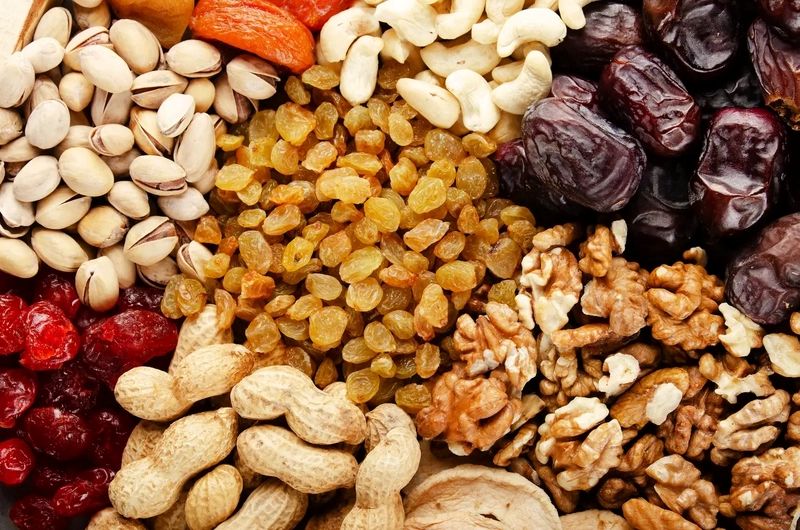
Africa is a major producer of several lucrative nuts and dry fruits, including pecan nuts, peanuts, macadamia and dates, offering investors easy access to raw materials.
Africa is a major producer of several lucrative nuts and dry fruits, including pecan nuts, peanuts, macadamia and dates, offering investors easy access to raw materials.
$4.41 Bn
Market Size
8.44%
CAGR
$6.61 Bn
Forecast
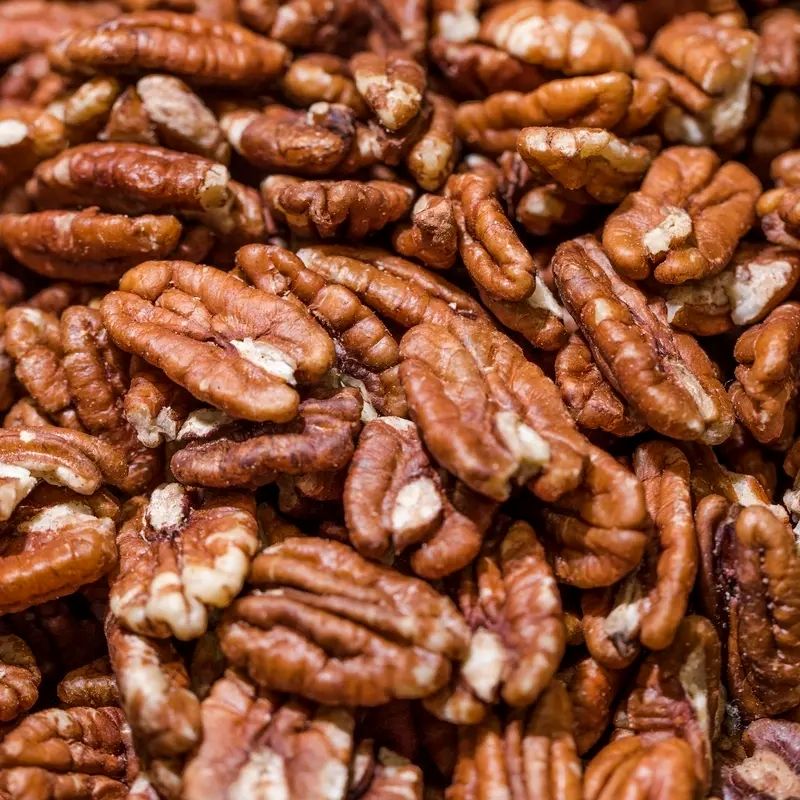
Pecan Nuts
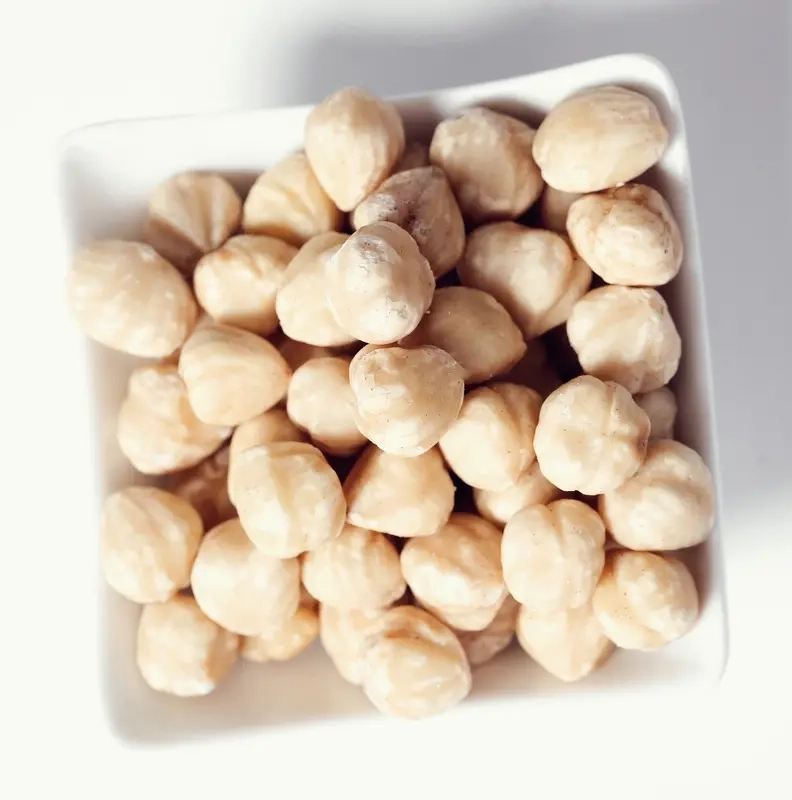
Macadamia Nuts
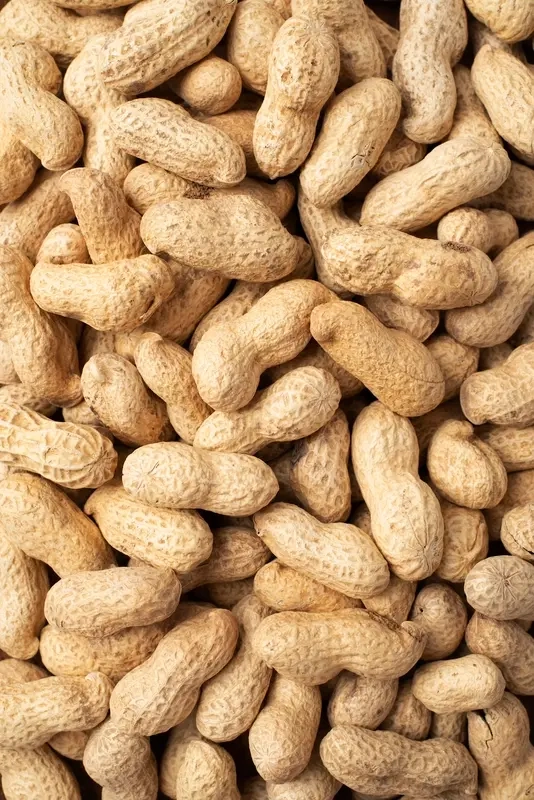
Peanuts
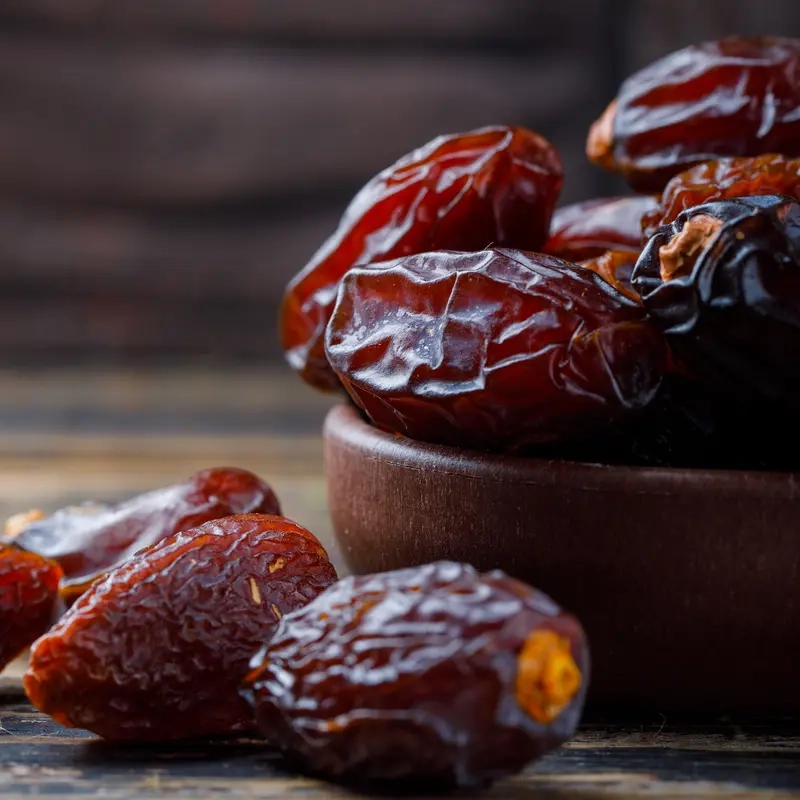
Dates
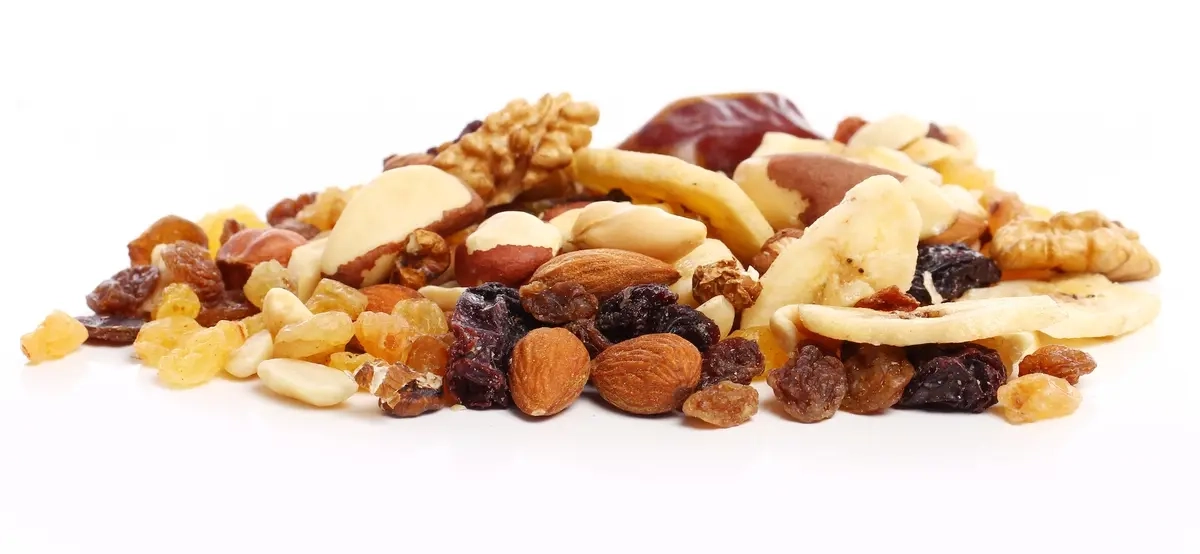












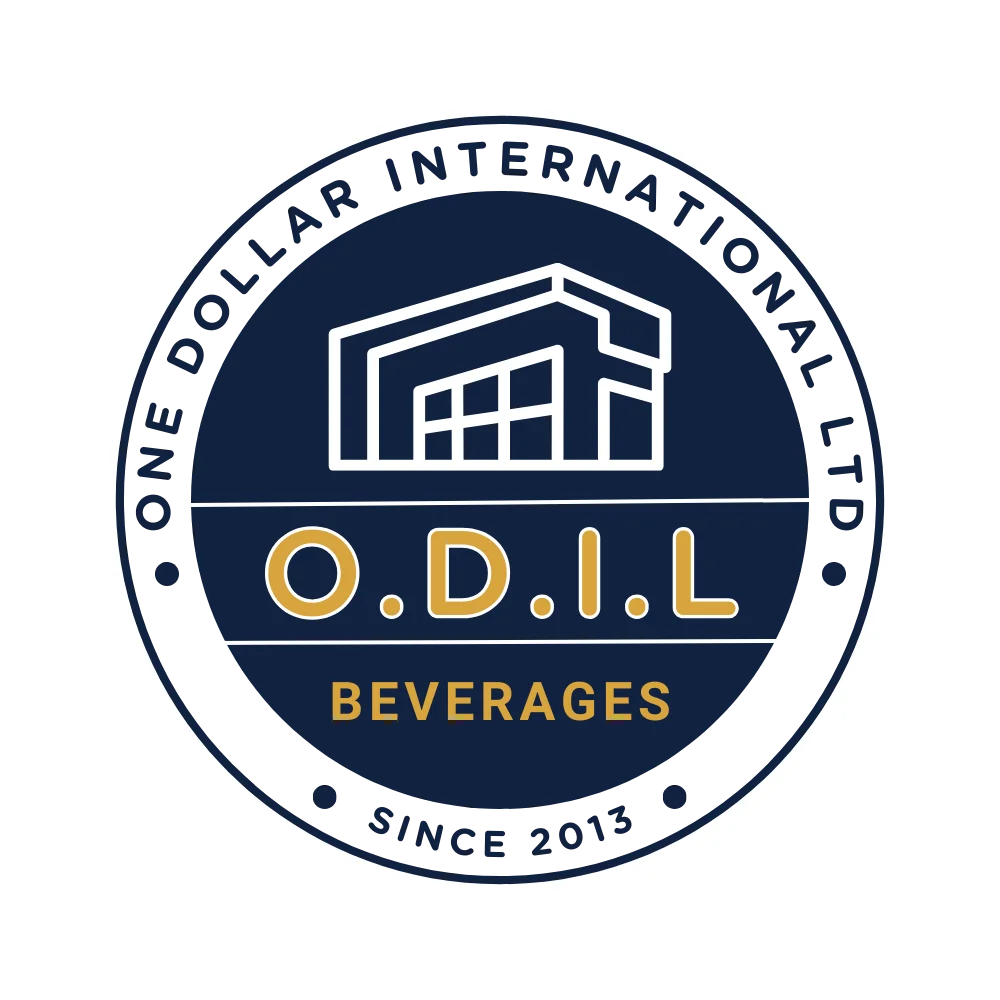











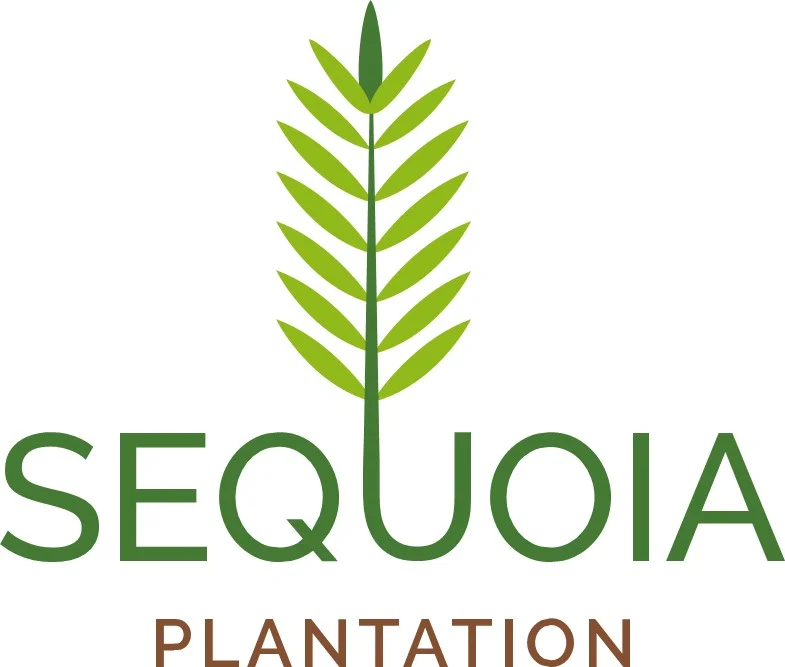




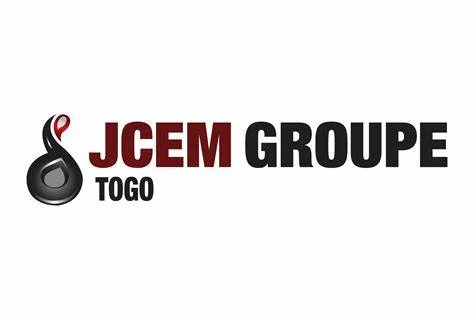
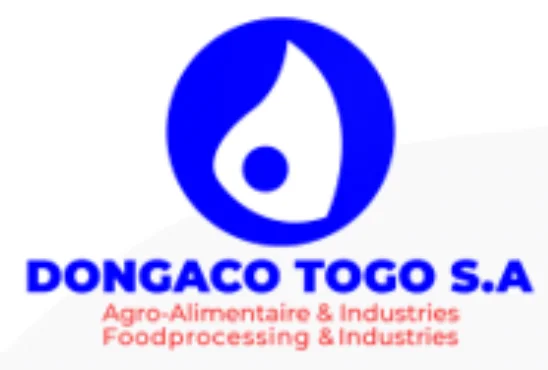













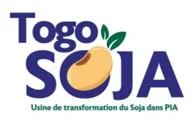
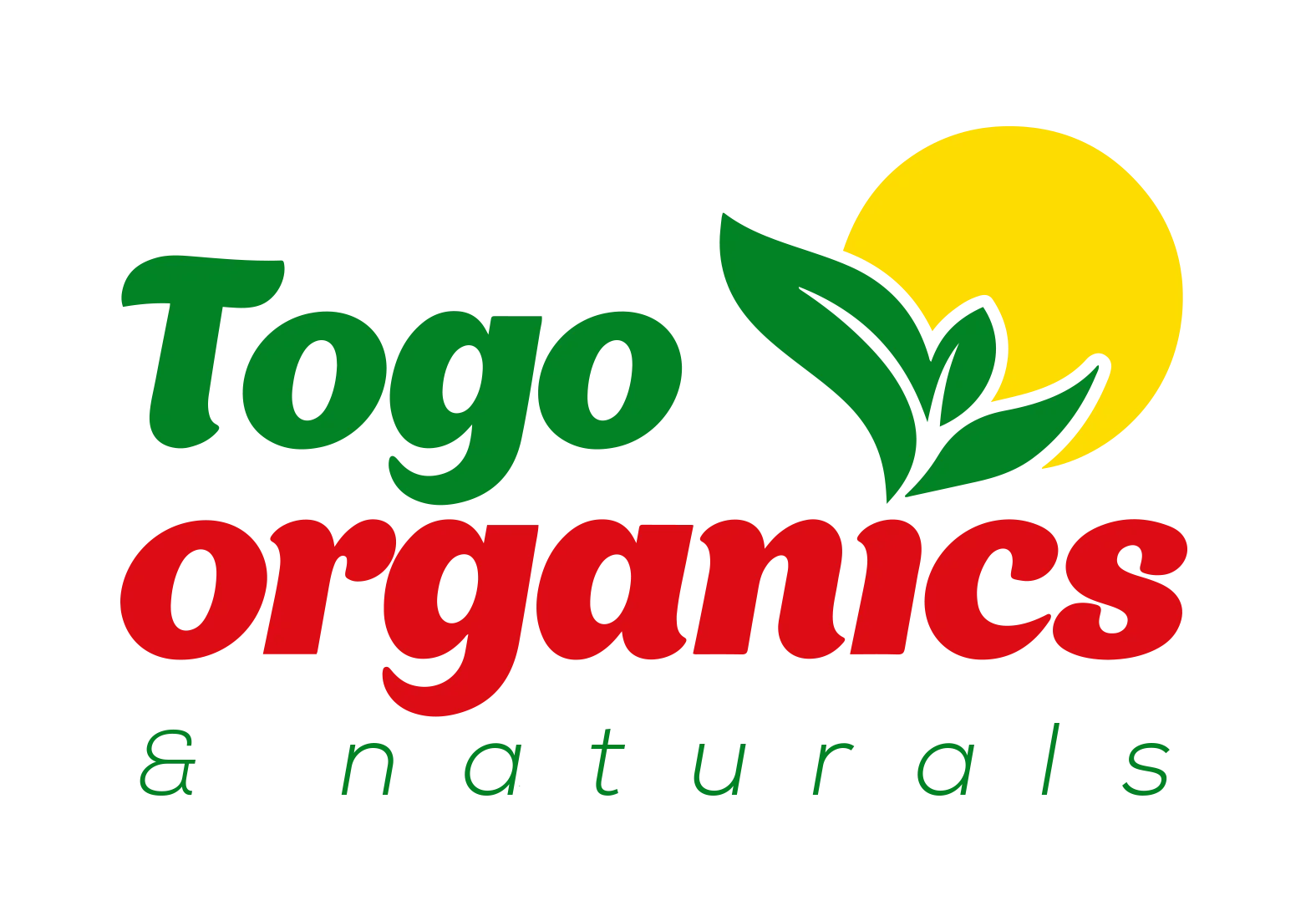
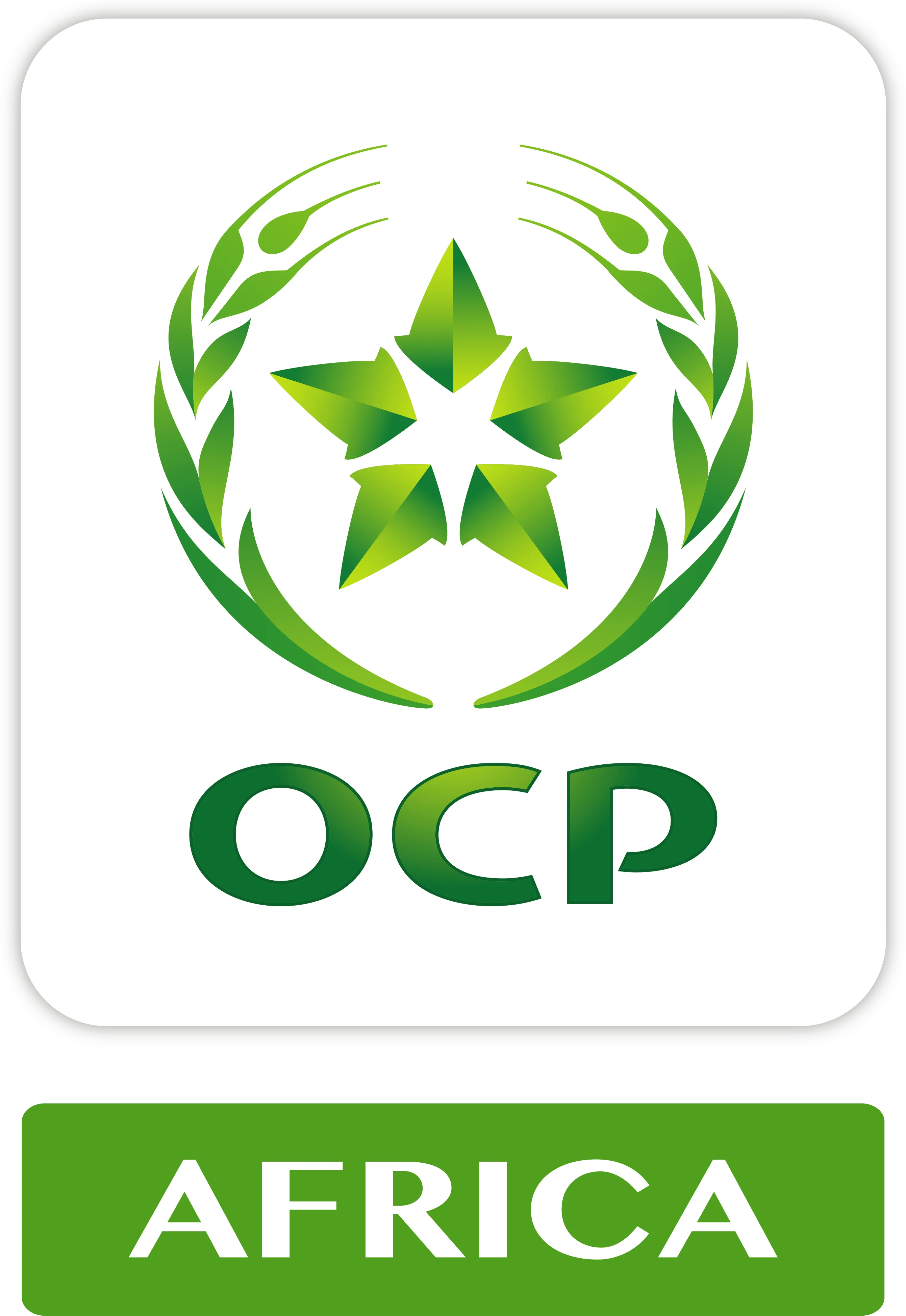


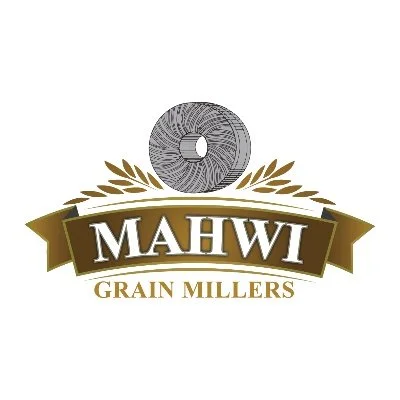





What nuts are grown in Africa?
Africa grows a variety of nuts, including cashew nuts, groundnuts (peanuts), almonds, walnuts, and pistachios. Additionally, some regions cultivate hazelnuts and macadamia nuts, though these are less common.
What is the profit of the dry fruit business?
The profitability of the dry fruit business varies widely based on the type of dry fruit, market demand, and processing efficiency. Generally, dried fruits like dates and figs can be highly profitable, with margins influenced by factors such as production costs and market prices. Well-managed operations can achieve substantial profits, often ranging from ₦500,000 to ₦1,500,000 per ton depending on the fruit and quality.
What is the most popular nut in Africa?
The most popular nut in Africa is the cashew nut. It is widely grown and consumed across the continent, known for its rich flavor and nutritional benefits.
Does South Africa export nuts?
Yes, South Africa exports various nuts, including macadamia nuts, almonds, and cashew nuts. The country has a well-established nut industry and exports to international markets due to its high-quality production and processing capabilities.
What is the most expensive nut in Africa?
The Macadamia Nut- they are prized for their rich flavor and high oil content, making them a high-value product in both domestic and international markets.
Does African food have nuts?
Yes, nuts are a common ingredient in many African dishes. Nuts like groundnuts (peanuts), cashew nuts, and almonds are used in traditional recipes, snacks, and sauces across various African cuisines.
What is the most profitable nut tree in Africa?
The cashew tree; cashew nuts have a high market demand and offer significant profit margins, especially when compared to other nuts. The profitability is further enhanced by the value-added products such as cashew nut oil and cashew-based snacks.
Why should I invest in the nuts and dry fruits business in Africa?
Investing in the nuts and dry fruits business in Africa is promising due to increasing consumer demand for healthy snacks, diverse climate conditions that support various nut and dry fruit crops, and the potential for both domestic consumption and international exports.
What are the key factors to consider when investing in the nuts and dry fruits business?
Climate suitability, soil quality, access to water and irrigation, pest and disease management, availability of high-quality planting materials, and market access for selling the products should be considered when investing in the nuts and dry fruits business
Which countries in Africa are the largest producers of nuts and dry fruits?
Major producers are Ivory Coast, Nigeria, Tanzania, Kenya, and South Africa. These countries have suitable climates for growing a variety of nuts and dry fruits.
What are the major challenges in the nuts and dry fruits business in Africa?
Major challenges often include climate variability, pest and disease management, inadequate infrastructure for processing and storage, and fluctuating market prices.
What is the global demand for nuts and dry fruits, and how does Africa fit into this market?
Global demand for nuts and dry fruits is strong due to their health benefits and use in various food products. Africa plays a significant role as a producer and exporter, with the potential to expand market share through increased production and quality improvements.
What are the current trends in the nuts and dry fruits business in Africa?
Increased demand for healthy snacks, growing export opportunities, investment in modern processing technologies, and efforts to improve supply chain and infrastructure.
What are the best practices for maximizing yield and quality in nuts and dry fruits farming?
Best practices are mostly using high-quality planting materials, ensuring proper soil preparation, managing pests and diseases effectively, and adhering to best agricultural practices for planting, irrigation, and harvesting.
What determines the return on investment for nuts and dry fruits farming?
ROI is determined by factors such as yield per hectare, market prices, production costs, farming efficiency, and the ability to access profitable markets.
What are the growth opportunities in the nuts and dry fruits sector in Africa?
Expanding into new domestic and international markets, improving production techniques, investing in processing and packaging infrastructure, and developing high-value and niche products are some of the many opportunities in this sector.
Compare
Dear investor, please compare similar category items- either Locations or Opportunities.
*Already subscribed.
*Enter your name/email.

Sign up for exclusive investment alerts.
Already subscribed? Skip
Thank You For Subscribing to
Africa For Investors.

You will be redirected to AFI’s Linkedin Profile in 10 seconds.
Stay On AFI Website